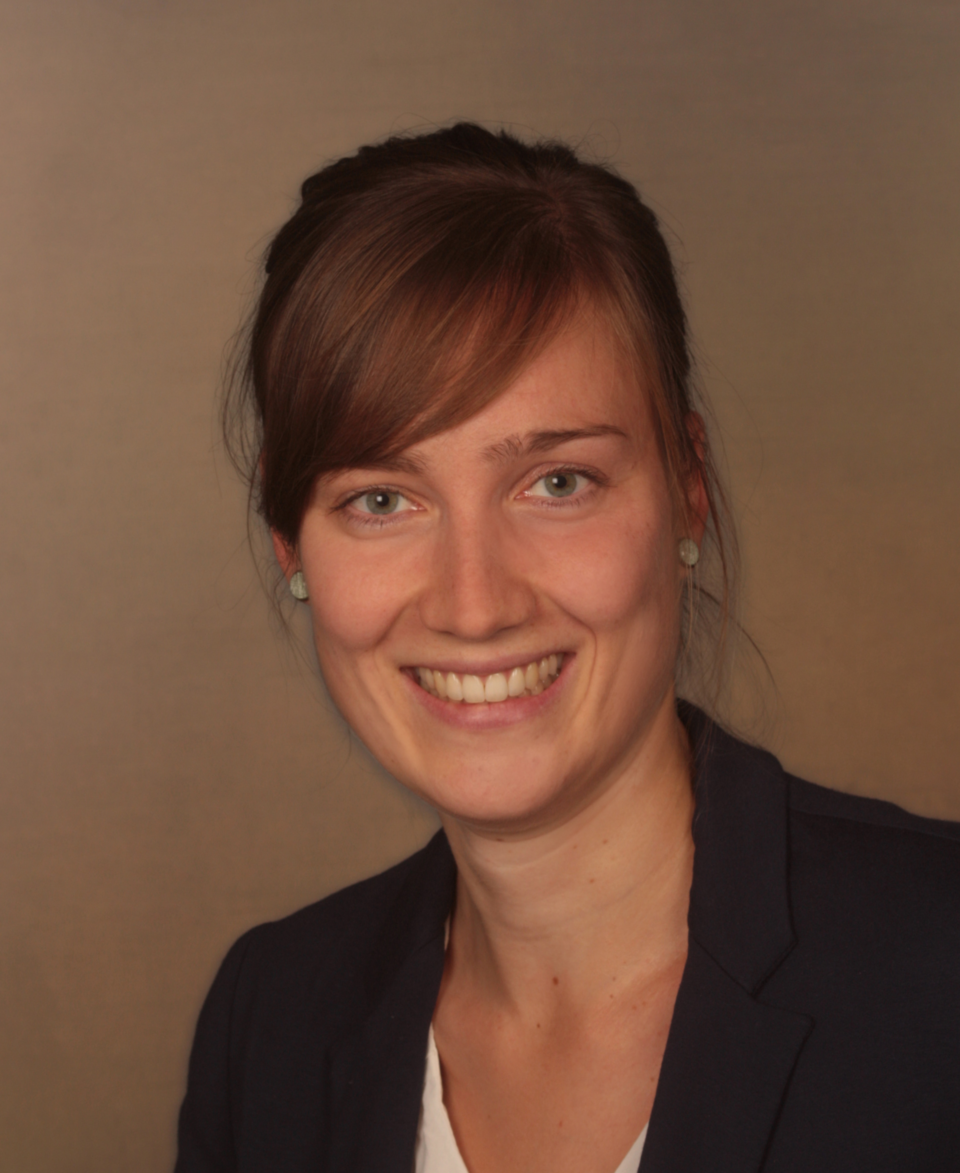Project
Several processes influence the emission rates of stem-respired CO2and up to 41% of CO2 respired by stems is not locally emitted. Respiratory CO2 may be dissolved and transported in the xylem, or refixed and metabolized by stem photosynthesis or via the enzyme phosphoenolpyruvatcarboxylase (PEPC). During my PhD, I want to understand reduced CO2 emissions from tree stems and the post-respiratory fate of CO2 in stems. I am using a novel respiration chamber system for measuring CO2 and O2 repeatedly and fully autonomous in the field. The system allows assessing the ratio of CO2 efflux to O2 influx which provides a reliable proxy for CO2 losses due to (potential) xylem flow and CO2 refixation but also for stem respiration.
Education
2018-ongoing PhD Student at the Max Planck Institute for Biogeochemistry, Department of Biogeochemical Processes, Jena, Germany. Supervision: Dr. Henrik Hartmann, MPI-BGC and Prof. Ansgar Kahmen, University of Basel.
2017 Eurofins Agraranalytik Deutschland GmbH, Jena, Germany.
2013-2016 Master Evolution, Ecology and Systematics, Friedrich-Schiller-University Jena, Germany. Master Thesis: "Do plant functional traits determine the re-establishment process of plant species in steppe grasslands?” (Supervision: Prof. Dr. Christine Römermann, Friedrich-Schiller-University Jena, Germany and Prof. Dr. Thierry Dutoit, University of Avignon, France).
2014 Research Stay at the Groningen Institute for Evolutionary Life Science, Plant Physiology Group, Groningen, Netherlands.
2010-2013 B.Sc. Biology, Friedrich-Schiller-University Jena, Germany.

